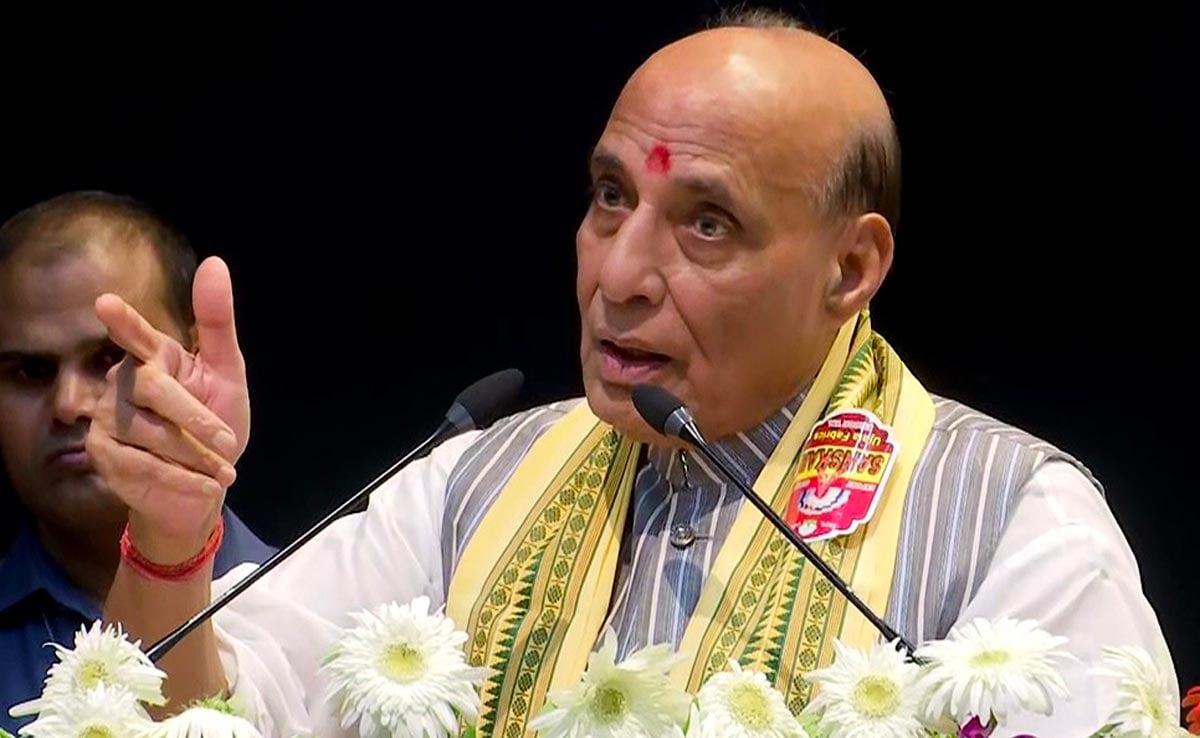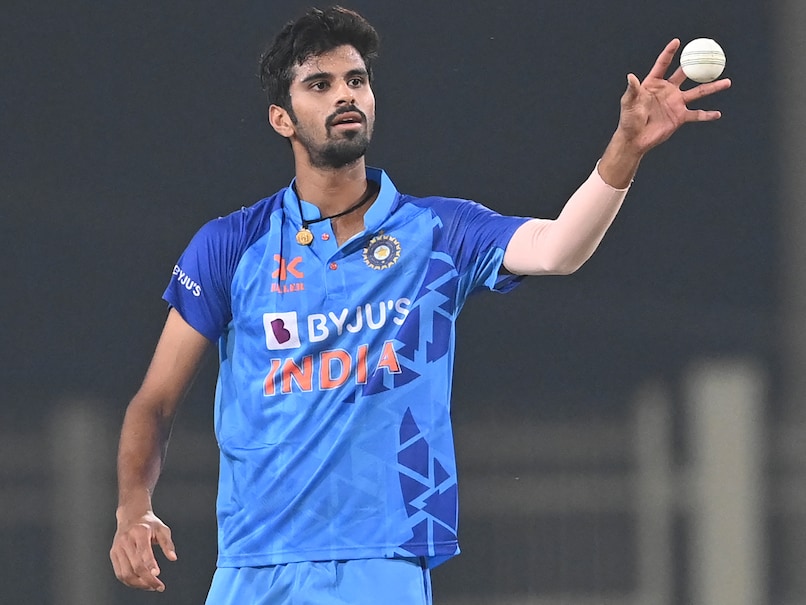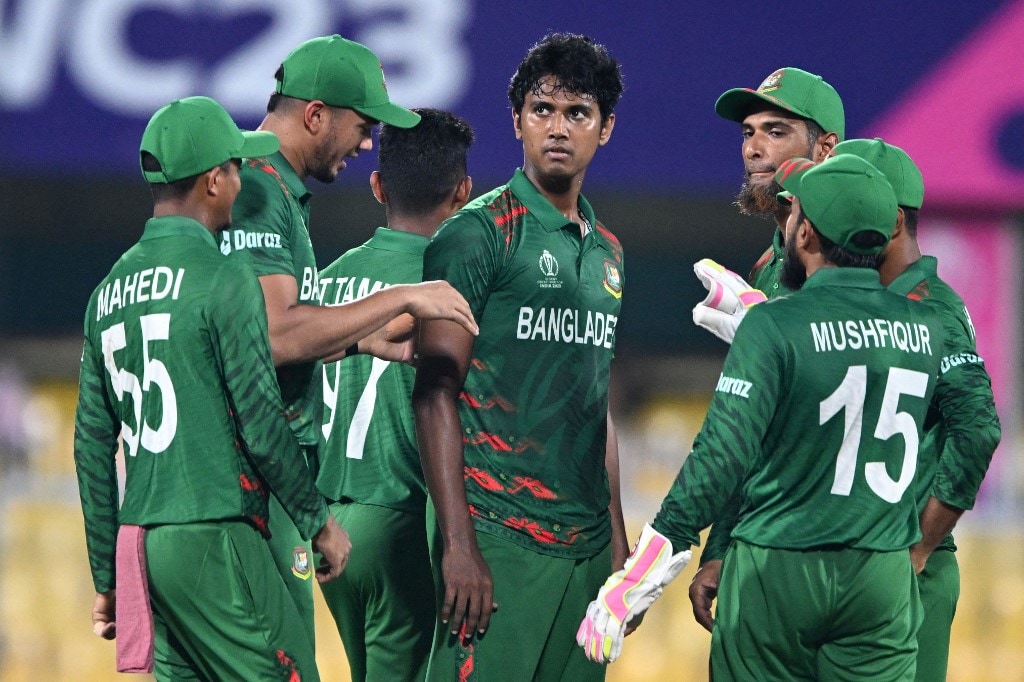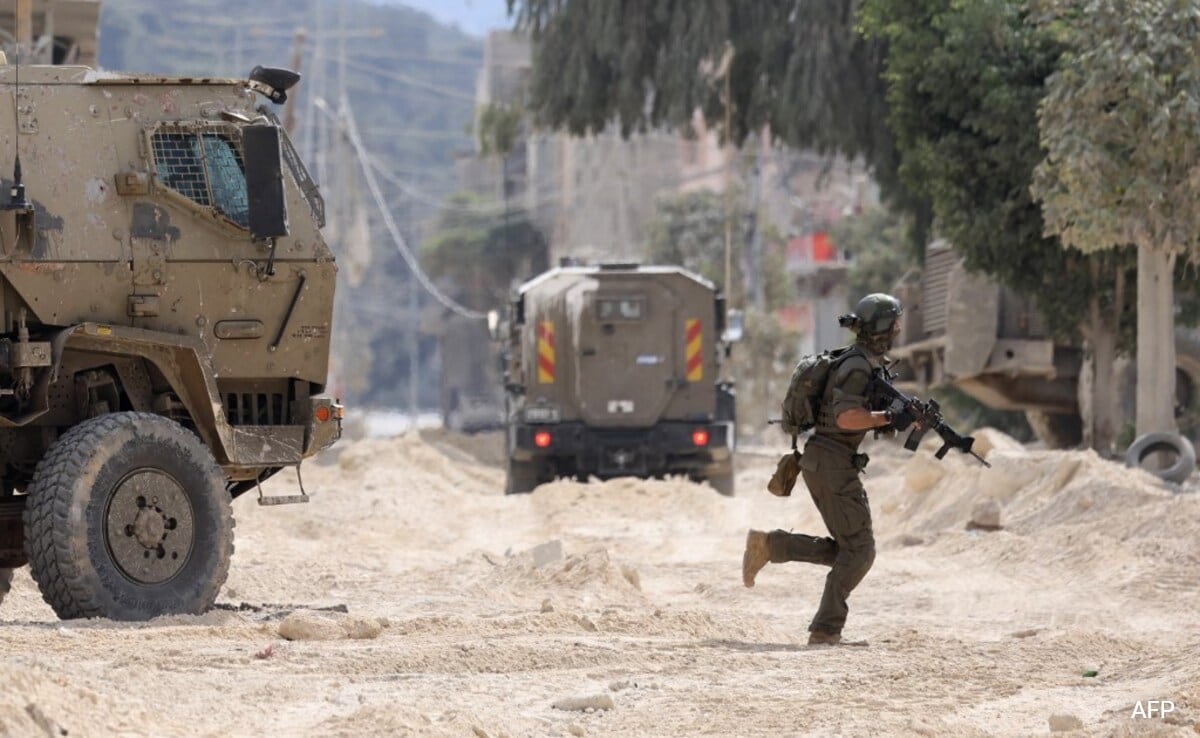File picture of former Indian Navy officer Kulbhushan Jadhav
| Photo Credit: PTI
The High Commission of India (HCI) in Islamabad has declined to provide any information on the status of Kulbhushan Jadhav, an alleged spy imprisoned in Pakistan.
Also Read: Explained | Will Pakistan law on Kulbhushan Jadhav help India’s position?
This decision was made in response to a petition filed by Arkatla Bunganna, who sought information on the “status of the incarceration of Kulbhushan Jadhav, facing charges of espionage in a Pakistani jail since 2018.”
Mr. Bunganna requested the details under the Right to Information Act, 2005, citing his Below Poverty Line (BPL) status to seek an exemption from the fee. However, there was no mention of any relationship between the petitioner and Mr. Jadhav.
Not satisfied with the responses from the Chief Public Information Officer (CPIO) and the First Appellate Authority (FAA) of the HCI, Mr. Bunganna approached the Central Information Commission (CIC) for relief.

In an order issued last year, a copy of which was accessed by The Hindu, the CIC upheld the decision of the CPIO and FAA, who denied the information citing Section 8(1)(a) of the Act.
This section exempts the disclosure of information that could “prejudicially affect the sovereignty and integrity of India, the security, strategic, scientific, or economic interests of the State, relations with foreign states, or lead to incitement of an offence.”
Sensitive matter
During the appeal hearing, an attaché from the HCI in Pakistan stated that both the CPIO and FAA had responded promptly to Mr. Bunganna’s request. The information sought pertained to a sensitive matter with significant security and strategic implications, warranting its exemption under the relevant provisions of the Act.
Also Read: Kulbhushan Jadhav case: A timeline
In his ruling, the then Chief Information Commissioner Y. K. Sinha dismissed the appeal, noting that the public authorities had correctly applied the relevant legal provisions to deny the information.
Mr. Jadhav was reportedly arrested on March 3, 2016, in the Chaman area of Balochistan, near the Pakistan-Afghanistan border. Pakistani authorities claimed he was a serving Indian defence officer working for India’s external intelligence agency, the Research and Analysis Wing (RAW).
However, the Government of India denied these allegations, asserting that Mr. Jadhav had taken early retirement from the Indian Navy and was running a business in the Iranian port city of Chabahar.
On April 10, 2017, a Pakistani military court sentenced Mr. Jadhav to death for “involvement in espionage and sabotage activities against Pakistan.” India condemned the verdict as “premeditated murder.”
The International Court of Justice later intervened, staying the execution and directing Pakistan to review the trial and conviction process, and to grant consular access to India.
Published – September 10, 2024 11:41 am IST













